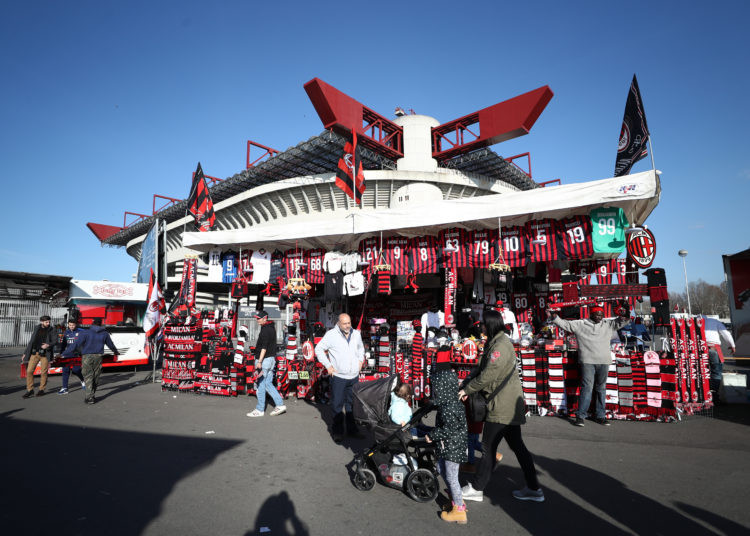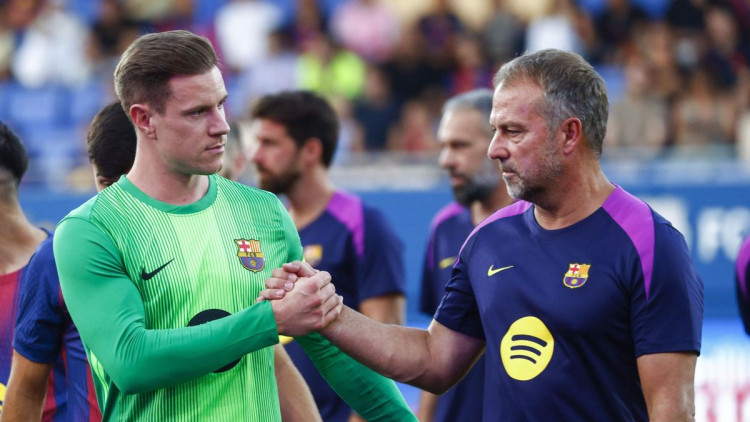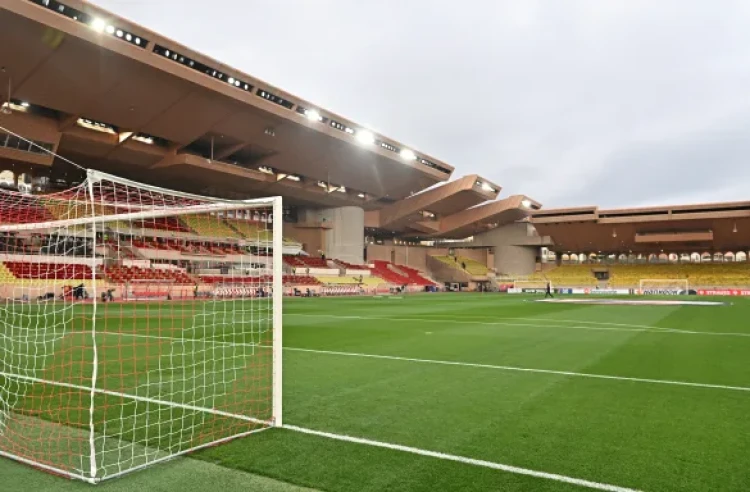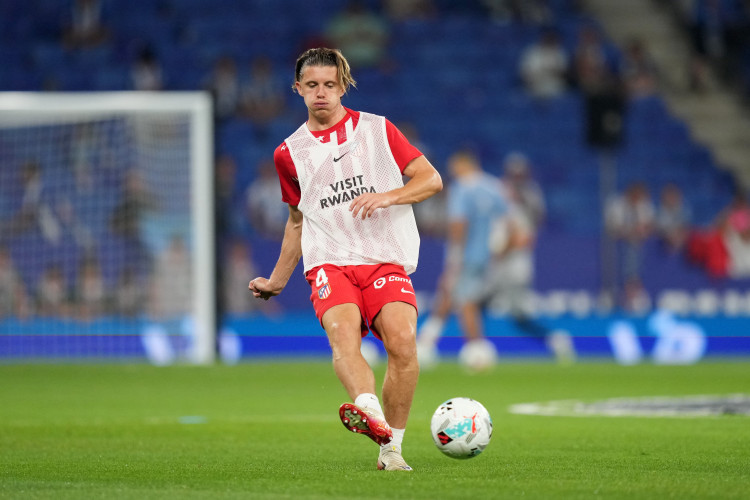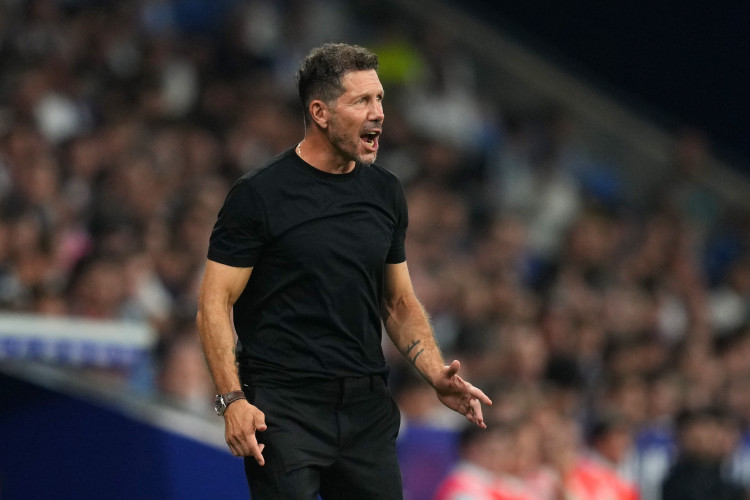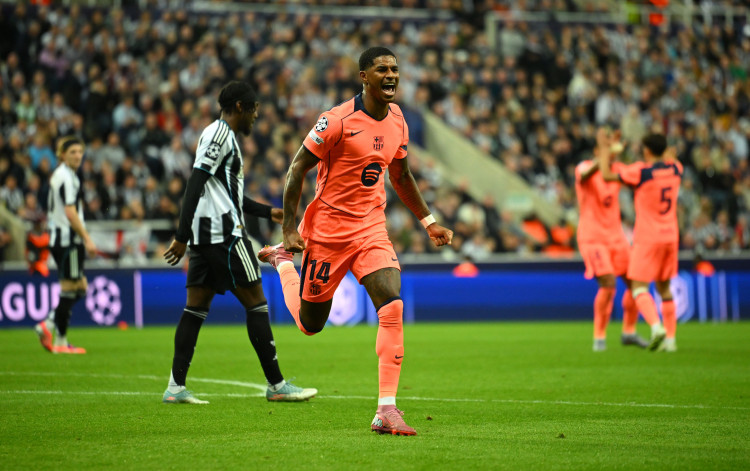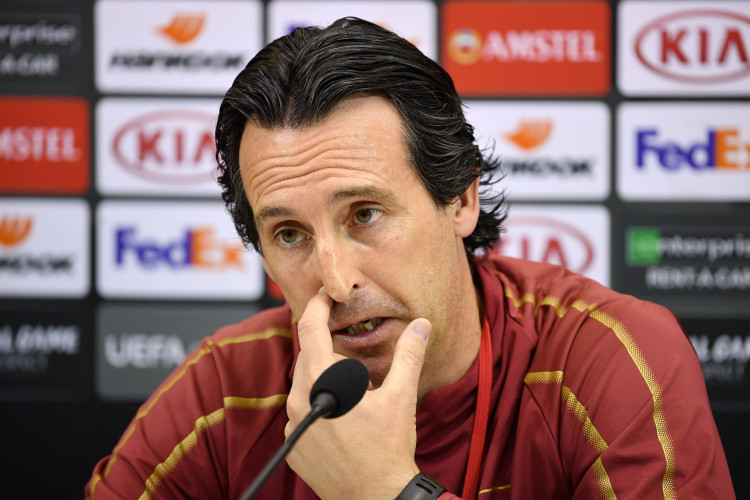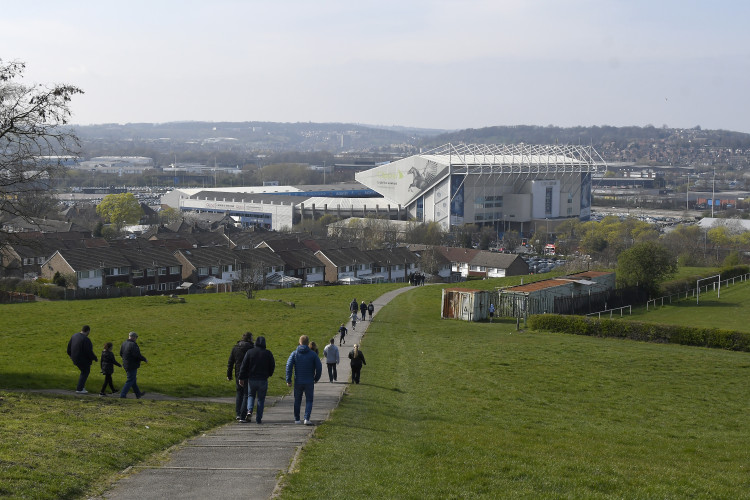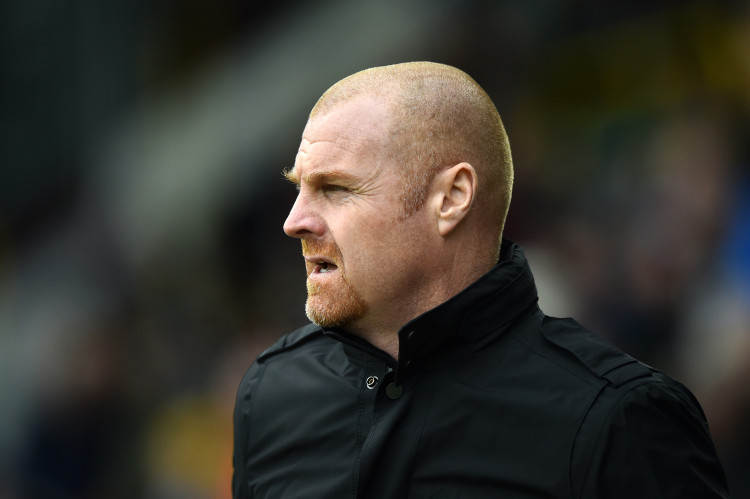
From Chaos to Clarity: Can Sean Dyche Rescue Nottingham Forest’s Season?
Nottingham Forest have turned to familiar Premier League grit for rescue, naming Sean Dyche as the new head coach after a disastrous time under Ange Postecoglou.
Nottingham Forest have once again rolled the managerial dice, appointing Sean Dyche as their third head coach of the 2025/26 season. The 54-year-old Englishman, best known for his spells at Burnley and Everton, has signed a deal running until the summer of 2027, returning to the club where he began his youth career.
Dyche replaces Ange Postecoglou, who was sacked after just 39 chaotic days in charge following a winless run that saw Nottingham Forest slip into the relegation zone. For a club that only months ago was basking in the glow of European football, the contrast could hardly be starker.
The new season started with optimism following a strong 2024/25 campaign under Nuno Espirito Santo, whose disciplined approach led Forest to a seventh-place finish and UEFA Europa League qualification, their best showing in three decades. However, internal disagreements and ownership tensions meant Nuno was dismissed just three games into the new season.
Postecoglou’s arrival in September was supposed to mark a new attacking era, but his free-flowing philosophy clashed with a squad built for structure and counterplay. Eight matches later, his record stood at six defeats and two draws, capped off by a 3-0 home loss to Chelsea that sealed his fate.
As Dyche steps into the spotlight, Nottingham Forest sit in 18th place in the Premier League, with just one win all season and problems on both ends of the pitch. It is a daunting task, but the club’s hierarchy believes Dyche’s no-nonsense style and leadership could restore much-needed balance.
Known for instilling discipline and unity, the Englishman is expected to bring stability to an unsettled dressing room and redefine the club’s short-term goals toward survival and competitiveness. Thursday will mark Dyche’s debut in charge, and fittingly, it comes under the Europa League lights at the City Ground against FC Porto.
It will be his first-ever outing as a manager in a major European competition, an occasion laced with both personal pride and high stakes. The Midlands outfit, winless after two Europa League group matches, desperately need three points to revive their continental campaign. For Dyche, it’s the perfect stage to begin his redemption arc, and perhaps Nottingham Forest’s too.
The chaos before Sean Dyche at Nottingham Forest
The 2025/26 season has been nothing short of turbulent at the City Ground. Nottingham Forest, who entered the campaign dreaming of UEFA Europa League nights and a steady top-eight finish, found themselves spiraling toward the relegation zone just two months into the new term.
Nuno Espirito Santo’s surprising dismissal in September, despite steering the club to first European qualification for the first time in 30 years, marked the start of unraveling harmony between the dressing room and the board. Meanwhile, when Ange Postecoglou arrived, there was optimism he could bring flair and attacking verve to a squad carefully built around Nuno’s defensive backbone.
However, eight games, six defeats, and two draws later, Forest were 18th, with no identity on the pitch and an increasingly restless crowd. Postecoglou’s methods clashed with the squad’s DNA: high-line pressing and risky buildup play left the team exposed in transition. The results were horrid: a League Cup elimination to Swansea City, losses to newly-promoted Sunderland and Newcastle United, and a demoralising home defeat to FC Midtjylland in the Europa League.
The final straw came in a 3-0 home loss to Chelsea, minutes before his inevitable sacking. The decision to remove Postecoglou after just 39 days, the second-shortest in Premier League history, encapsulated the chaos at Forest.
Nuno’s rise and unfortunate departure
To understand how Nottingham Forest fell so deep, one must revisit their remarkable 2024/25 season under Nuno Espirito Santo. Taking over from Steve Cooper amid relegation fears, the Portuguese tactician orchestrated a dramatic turnaround that culminated in a seventh-place finish, their best league standing in over three decades, and a Europa League berth.
Nuno’s disciplined 3-4-2-1 setup, with its compact mid-block and devastating counter-attacks, made Forest one of the hardest teams to beat. Victories at Old Trafford and Anfield restored the club’s aura, while the emergence of Callum Hudson-Odoi and Morgan Gibbs-White as attacking focal points offered new hope.
However, relations between Nuno and owner Evangelos Marinakis reportedly soured over transfer expenditures and strategic control during the summer. That fracture, coupled with the now-West Ham United manager’s public frustration, led to his premature exit just three matches into the new campaign.
Ange Postecoglou’s failed revolution
Ange Postecoglou arrived promising expansive football. The Australian tactician’s insistence on bold forward play and dynamic pressing theoretically suited fans hungry for style after years of survival football. Yet it quickly became apparent that Forest lacked the personnel for such a shift.
Center-backs uncomfortable under pressure, midfielders ill-equipped for quick transitions, and fluctuating confidence made Postecoglou’s idealism look naïve. Players, uncertain about their roles, appeared directionless. The 60-year-old manager’s short-lived reign highlighted a vital truth: tactical vision must align with squad structure.
Enter Sean Dyche: The steady hand
Now, Nottingham Forest turn to Sean Dyche, football’s great revivalist. Best known for his decade-long stint transforming Burnley into a Premier League mainstay, Dyche brings hard-nosed pragmatism, clarity, and character.
The 54-year-old tactician most recently led Everton through turbulent waters, keeping them from relegation twice before departing in early 2025. At Burnley, he mastered the art of doing more with less, promoting teamwork, fitness, and discipline above individual sparkle.
His Burnley sides were typified by their relentless organisation, narrow defensive blocks, and direct play through powerful forwards like Chris Wood and Ashley Barnes. While Everton marked a more uneven chapter, Dyche’s adaptability amid financial meltdowns proved his resilience.
What Nottingham Forest can expect tactically from Sean Dyche
Sean Dyche’s appointment is not glamorous, but it is pragmatic. Expect a return to basics: a compact 4-4-2 or a 4-5-1 that emphasizes structure over spectacle. Players like Murillo, Nikola Milenkovic, and Morato can thrive under this more restrained setup. Midfielders such as Elliot Anderson, Ibrahim Sangare, and Nicolas Dominguez will be vital in maintaining balance, breaking play, and releasing Morgan Gibbs-White on transitions.
Dyche’s greatest strength lies in making his teams predictable, in the most positive way. Nottingham Forest fans should anticipate low-risk buildup, frequent long diagonals to stretch play, and sharp, rehearsed set-pieces. That may not win beauty contests, but it builds points.
Adapting to Dyche: Who Faces Challenges at Nottingham Forest?
Sean Dyche’s arrival inevitably means a stylistic shake-up at Nottingham Forest, and that won’t sit comfortably with every player. His preference for disciplined structure, physical forwards, and low-risk football could spell difficult times for some of the club’s flair-based or possession-oriented summer recruits.
Having inherited a squad largely tailored to Ange Postecoglou’s high-tempo pressing game, Dyche now faces the task of reshaping roles to fit his compact 4-4-2 or 4-5-1 system. Among those potentially affected are creative playmakers like James McAtee and Omari Hutchinson, both 2025 arrivals who thrive in fluid attacking transitions and positional freedom.
Under Dyche, their roaming tendencies may be curbed, especially as defensive discipline and off-the-ball organization take precedence. Wingers like Dilane Bakwa and Dan Ndoye, signed for their ability to stretch defenses, may also find themselves limited if Dyche opts for deeper, narrower wing support rather than expansive wide play.
Similarly, lightweight technical players such as Nicolo Savona or Oleksandr Zinchenko could struggle to adapt to the physical rigours demanded in Dyche’s direct game. There is also uncertainty up front.
Arnaud Kalimuendo and Igor Jesus, two forwards brought in for their technical link-play and movement, may lose ground to the more robust Chris Wood or Taiwo Awoniyi, whose aerial presence better suits Dyche’s long-ball transitions.
Nonetheless, those willing to adapt could still flourish in a more functional team setup. Dyche’s history of squeezing the best from industrious players shows that while some may initially fade, those who buy into his methods often emerge stronger over time, a reality Nottingham Forest’s modern talents must now confront.
Can Sean Dyche steady the Nottingham Forest ship?
In some sense, Sean Dyche was born for crises like this. He takes charge of a talented but fractured unit that has lost both confidence and direction. The early challenge is psychological, replacing despair with belief.
Dyche’s man-management prowess, long regarded as one of his core virtues, will be tested again. Having grown up in the Nottingham Forest youth system, his local ties add emotional resonance to the appointment.
His immediate focus will be twofold: short-term survival in the league and competitive respectability in Europe. Domestically, avoiding relegation is the first priority. With the right balance, Forest’s squad, featuring capable defenders, industrious midfielders, and creative outlets in Morgan Gibbs-White and Callum Hudson-Odoi, can climb quickly once defensive solidity returns.
In Europe, Dyche faces a more complex test. His pragmatic methods could frustrate continental opponents unused to the Premier League’s combative style, yet his lack of European pedigree may show. Still, reaching the Europa League knockout stages would be an achievement considering the fragile start.
The fans’ dilemma
For Nottingham Forest’s demanding supporters, this appointment may feel like a retreat from ambition. The romance of Ange Postecoglou’s attacking ideals is gone, replaced by Sean Dyche’s grounded realism.
Yet after months of incompetence and instability, that realism is exactly what the Tricky Trees need. Dyche won’t promise fireworks, but he will promise fight. The City Ground, once a fortress under Nuno Espirito Santo, could rediscover its bite as fans rally behind effort over elegance.
The Big Picture
Sean Dyche arrives not as a saviour but as a stabiliser, the kind of manager who rebuilds confidence from rubble. His appointment signals a cultural reset: from chaos to control, from flash to substance. The challenge ahead remains steep, but Forest have chosen a leader who thrives in adversity.
If Dyche can guide them to Premier League safety and keep their European hopes alive, Nottingham Forest’s nightmare start to the season could yet turn into a tale of redemption. For a club who have lived too long in upheaval, that would be their greatest victory of all.



